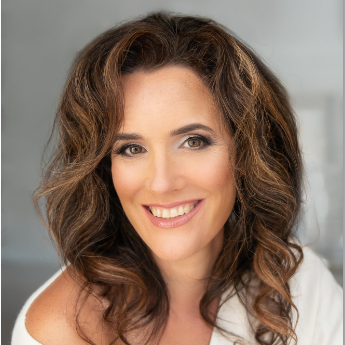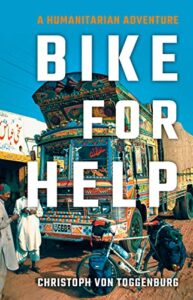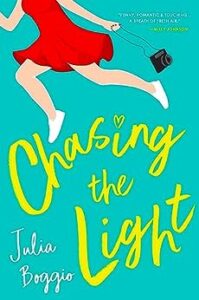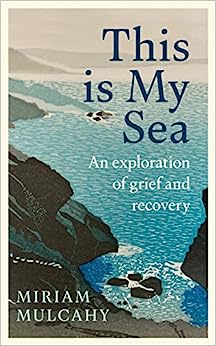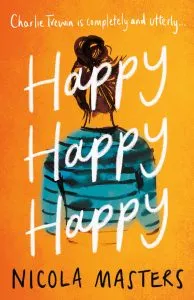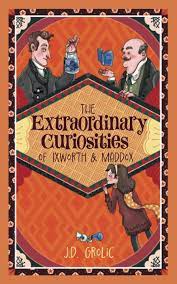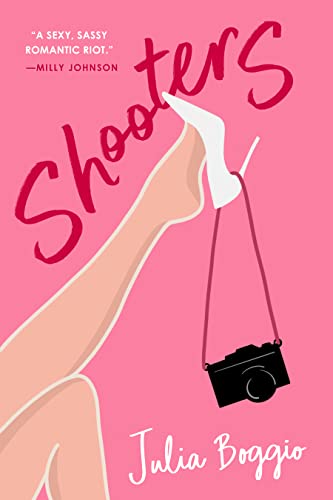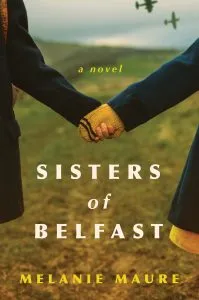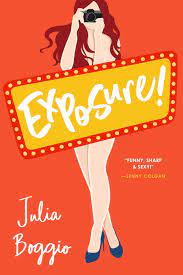The Book Editor
Ready to write, query, and publish with confidence? Whether you’re looking for a freelance book editor to help you hone your craft or demystify the publishing industry, I’m here to help you every step of the way.

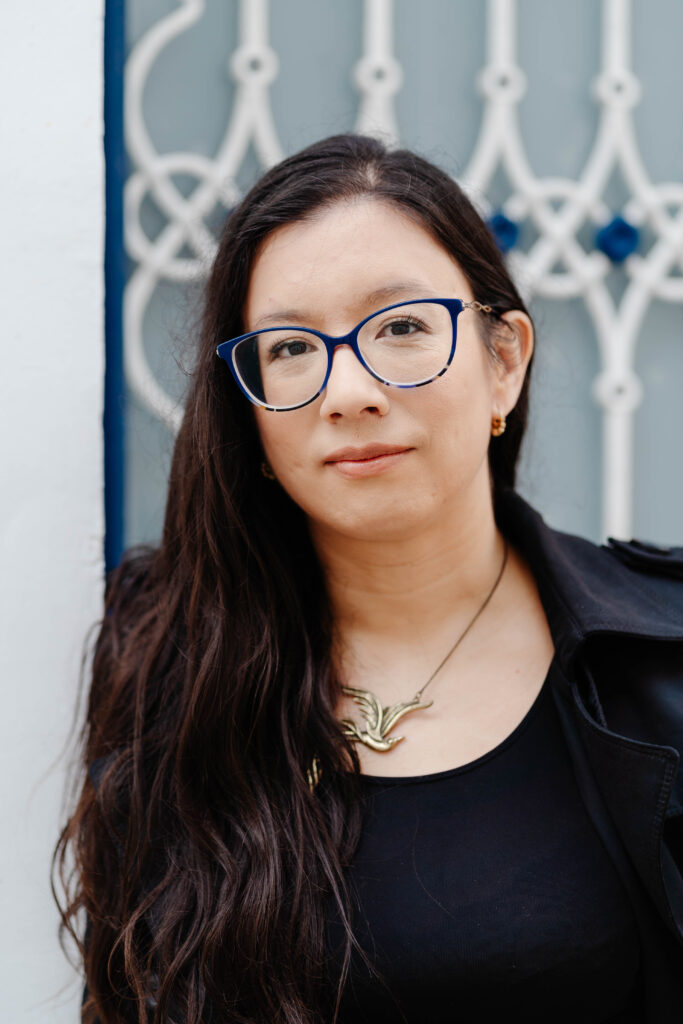
Meet The Book Editor
Hi, I’m Amy!
I’m a freelance editor and former agency reader with an MA in Publishing from Kingston University, London. Over the past decade, I’ve been working with agents, publishers, authors, and readers to find and develop stories with an impact, from grassroots creative non-fiction projects to award-winning novels.
As your dedicated book editor, I want to help you shape your novel or memoir into something truly extraordinary. Whatever stage you’re at with your writing project, I offer feedback and book editing services that will help you revise that manuscript, focus in on the page, and get your story ready to share with the world.
Books I’ve edited include…
Find out how a professional book editor can help you:
WRITE
Developmental Editing
Targeted and honest feedback on your work in progress.
- Big picture notes on your characters, plot, theme, as well as style guidance, and more.
- Chapter-level feedback and inline comments throughout your manuscript.
- Dedicated one-on-one consultation time.
QUERY
Submission Packages
Expert guidance on querying and sample materials.
- Feedback on your query letter from a former agency reader and trad-published author.
- Book blurb, pitch, and synopsis development to help your book stand out from the slush.
- In-line comments and feedback on your sample pages.
PUBLISH
Line and Copy Editing
A last-round polish to make sure your writing hits its mark.
- Line-level suggestions to ensure consistent and impactful prose throughout your manuscript.
- Industry standard grammar corrections and error spotting.
- One-to-one consultation time to keep you on track towards publication.
OR
Not sure what kind of editing you need?
Free Sample Edit
& Consultation
Send me five pages of your work in progress and let’s talk about how I can help you reach your writing goals.
Book Editing FAQs
What does a book editor do?
Editors are publishing professionals who help prepare manuscripts for publication by providing feedback and corrections to their authors. A good book editor does their best to ensure that a story is as strong as it can be before it is published. They are passionate about the projects they take on and have professional experience to back up the advice they give.
A book editor who understands and is invested in your story will make your manuscript stronger by leveraging their vast knowledge of powerful storytelling, good writing, the industry, and your target audience.
What are the different types of editing?
There are several different types of book editing depending on what part of the writing and publishing process you are in. Developmental and structural editing both help authors to shape a raw draft into a complete manuscript. Manuscript assessment provides a way for authors to get a high-level overview of their manuscript’s suitability for publishing, while line editing looks at the line-level clarity and style of the writing. Finally, copy editing and proofreading come in at the end of the book editing process to catch and prevent errors.
What is a copy editor?
Copy editors are experts in spelling, punctuation, grammar, and style. Copy editors go over your manuscript at the very end of the writing process, right before your book is laid out, to make sure that everything is grammatically and stylistically correct.
What is a proofreader?
Proofreaders are a kind of editor. They examine the final copies of a book — the “proofs” — correcting any lingering spelling and grammar mistakes and making sure that your book’s layout is perfect before it’s approved for final printing and distribution.
How do you get a novel published?
Generally, there are two broad paths to publication: traditional publishing, where your book is edited, designed, distributed, and marketed by a publisher, and self-publishing, where you, the author, take responsibility for all the tasks of publication.
To get a novel traditionally published, you can approach smaller legitimate publishers directly, though generally, you will have to query literary agents with your finished manuscript before you can present your work to imprints at the major (“Big 5”) publishers. Once an agent has offered to represent your manuscript, they will send it on to publishers that they think would be a good fit. If these publishers are interested in your manuscript, they will offer you a book deal and work through edits with you to prepare your manuscript for publication. Once your editorial work is done with the publisher, they will design, distribute, and market your book for you.
In all cases, remember that in traditional publishing, you should never have to pay a publisher or agent to take your work. Agents are paid from your advance once your book is sold, while publishers are the ones who should be paying you.
To self-publish a novel, you will need to handle all the editorial, design, distribution, and marketing tasks attached to publication yourself (in addition to writing the book). Generally, it’s a good idea to partner with professional editors and designers to ensure that the book you are publishing is the best it can be. You should also thoroughly research your options for distribution and marketing as they can greatly affect how many books you sell, and to whom.
How do I find a literary agent?
The most common way to find a literary agent is still through “querying” which is when you send a sample of your finished manuscript to suitable agents, along with a cover letter (the query), which is a short letter describing your book and its appeal. However, you can also “pitch” to some agents through events such as #dvpit on twitter, agent 1-2-1s in programs like WriteMentor, or face to face at conferences (often for a fee). If an agent likes the sound of your book, they will then invite you to send them the entire manuscript (the “full”). Once they’ve read the full, they may schedule a conversation to see what it would be like to work with you. If everything seems like a good fit, then congratulations! You’ve just found your literary agent.
You can find literary agents who are open to querying through services such as QueryTracker, Mansucript Wishlist, or Publisher’s Marketplace.
What is the cost of editing a book?
The costs of editing depend a lot on the particular book, your needs, and where you are in the editing process. In general, for a guided developmental edit, you can expect to spend between £30 and £40 per 1,000 words of your manuscript. For a more affordable edit that still gives you a wide-angle view of your novel, a manuscript assessment conducted by an experienced book editor can give you a good sense of what kind of work needs to be done for your book, without the hands-on guidance. A manuscript assessment will usually cost around £1,000 for novels of a standard length (~75,000 words).
Meanwhile, copy editing, line editing, and proofreading usually have per-word rates, ranging from 1-2p for proofreading to 2-4p for intensive line editing. My rates for these services are reduced if you're an indie author -- I know how quickly the costs can rack up!




